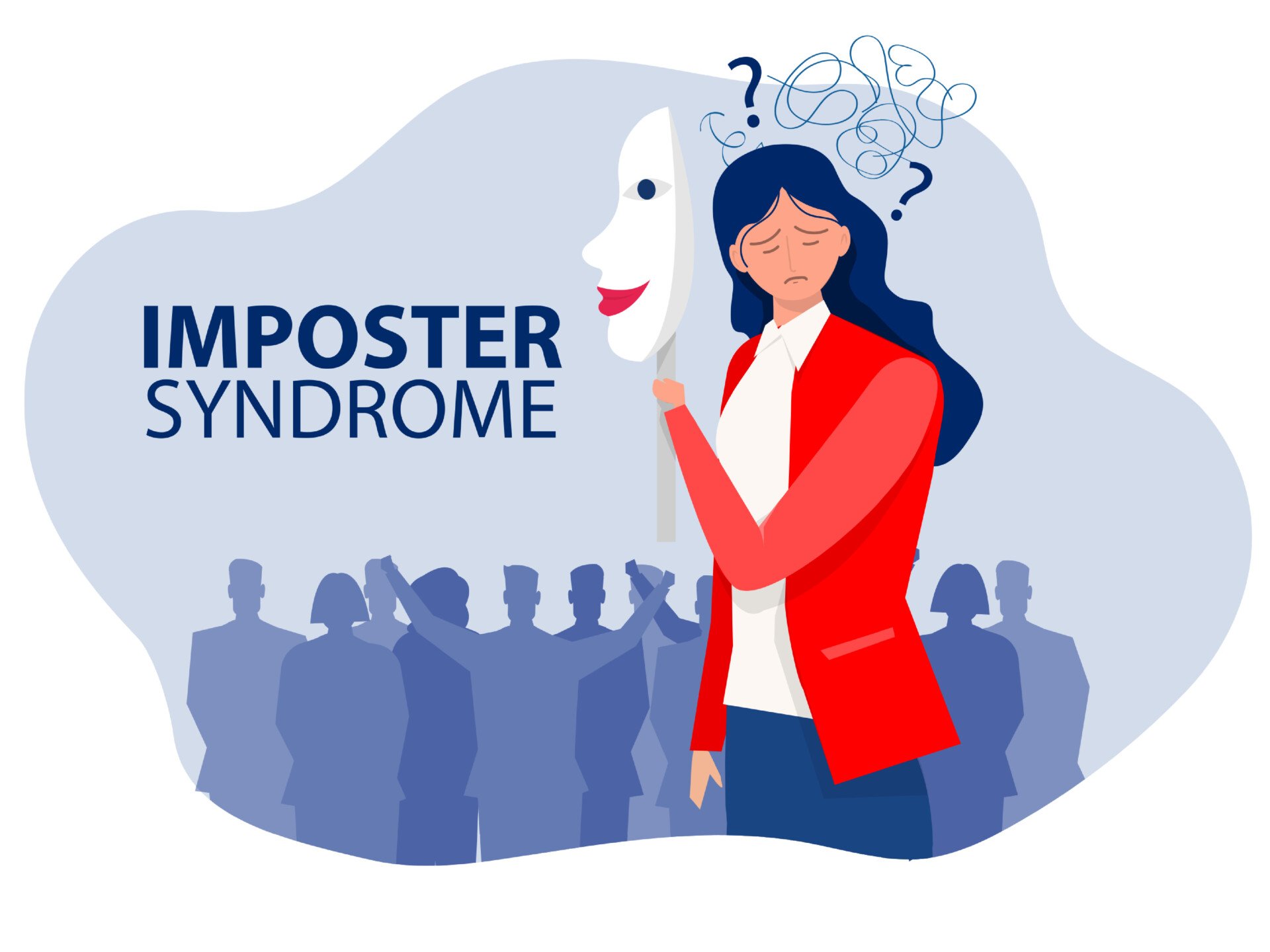It’s common to doubt yourself from time to time, especially when stepping into new roles or challenges. However, there’s an important distinction between low self-esteem and imposter syndrome—two concepts that are often confused but carry different implications for personal and professional growth. Understanding the difference is the first step towards addressing them in healthy, constructive ways.

What is Imposter Syndrome?
Imposter syndrome is the persistent feeling that your achievements are undeserved and that you’ve somehow “fooled” others into overestimating your abilities. Even when there is clear evidence of competence and success, people with imposter syndrome often fear being exposed as a fraud.
Key characteristics include:
– Attributing achievements to luck or external factors
– Downplaying accomplishments, even when praised by others
– Experiencing anxiety over being “found out”
– Setting impossibly high standards, then feeling inadequate when they aren’t met
Imposter syndrome often strikes high achievers who, paradoxically, are excelling in their field but feel their success isn’t legitimate.
What is Low Self-Esteem?
Low self-esteem, on the other hand, is a more generalised negative view of oneself. It’s not limited to certain roles or achievements but influences how a person feels about their worth overall.
Signs of low self-esteem may include:
– Frequent self-criticism and negative self-talk
– Difficulty accepting compliments
– Comparing oneself unfavourably to others
– Avoiding challenges due to fear of failure
Unlike imposter syndrome, which may surface primarily in high-stakes situations or areas of achievement, low self-esteem is more constant and pervasive.
The Key Differences
While imposter syndrome and low self-esteem share some similarities, such as feelings of inadequacy, their roots and expressions differ:
– Scope: Imposter syndrome often relates specifically to achievements or professional roles, while low self-esteem colours a person’s entire sense of self-worth.
– Performance: People with imposter syndrome may still perform at high levels but feel unworthy of success. Low self-esteem, however, can hold individuals back from even attempting new opportunities.
– Perception: Imposter syndrome is driven by a fear of being “exposed,” whereas low self-esteem stems from an overall negative self-perception.
Why Understanding the Difference Matters
Recognising whether you’re experiencing imposter syndrome or low self-esteem is vital for choosing the right strategies to overcome these challenges. For instance:
– Those struggling with imposter syndrome may benefit from reframing success, acknowledging achievements, and seeking mentorship to gain perspective.
– Individuals dealing with low self-esteem may need to focus on building self-compassion, challenging negative self-beliefs, and developing confidence through gradual wins.
Moving Forward
Whether you’re navigating imposter syndrome or working through low self-esteem, the good news is that both can be managed with awareness and the right support. By distinguishing between the two, you can better target your personal growth strategies and move forward with greater confidence in your abilities and self-worth.












